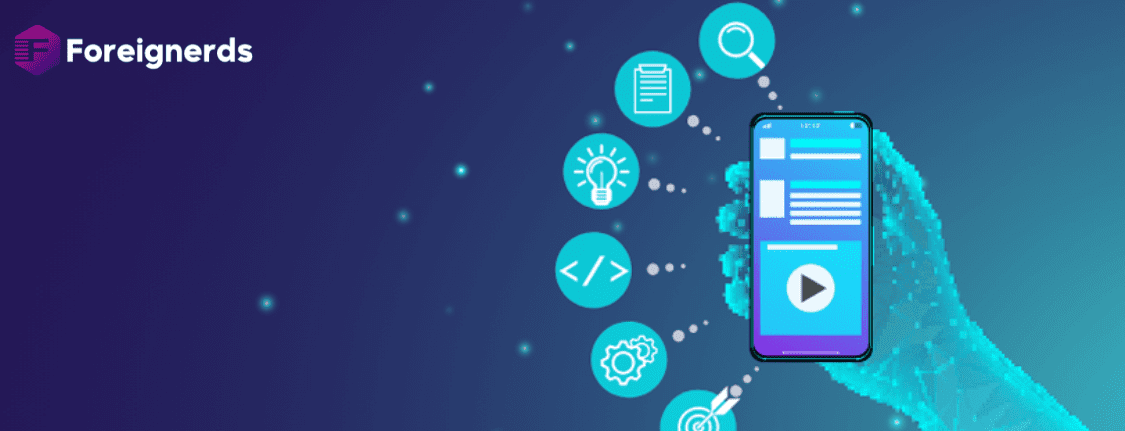In today’s technology-driven world, the fusion of artificial intelligence (AI) and web development has opened up a plethora of opportunities. As web applications become smarter and more user-centric, the choice of the programming language plays a pivotal role in the development process. Among the many languages available, Python has emerged as a strong contender for AI in web development. In this article, we will explore why Python is considered the best fit for AI in
web development and delve into its advantages, challenges, and real-world applications.
Python’s Role in Artificial Intelligence
Versatility of Python
Python’s appeal as a programming language stems from its versatility. It allows developers to work with a wide range of domains, including web development and AI. Python’s simplicity and elegant syntax make it a preferred choice for beginners and experienced developers alike.
Popular AI Libraries in Python
Python boasts a rich ecosystem of AI libraries and frameworks, such as TensorFlow, PyTorch, and scikit-learn. These libraries simplify complex AI tasks, making Python an ideal language for AI in web development.
Web Development and Python
Python for Backend Development
Python’s role in web development extends to the backend. It powers numerous web applications and APIs, ensuring seamless interactions between the front and back end.
Python Frameworks for Web Development
Frameworks like Django and Flask provide developers with the tools to create robust and scalable web applications. Python’s integration with these frameworks streamlines the development process.
Advantages of Using Python for AI in Web Development
Ease of Learning and Readability
Python’s clean and readable code makes it accessible to developers with various levels of expertise. Its low learning curve allows for faster AI integration in web development projects.
Extensive Community Support
Python’s extensive community support means that developers can easily find solutions to their problems. Community-contributed libraries and forums are invaluable resources.
Challenges of Using Python for AI in Web Development
Performance Limitations
Python’s interpreted nature can result in performance bottlenecks for computationally intensive AI tasks. However, this can often be mitigated through optimization techniques.
GIL (Global Interpreter Lock)
The Global Interpreter Lock (GIL) in Python can restrict the execution of multiple threads. While this can affect multi-core CPU performance, it doesn’t necessarily hinder web development or AI on a single core.
Python vs. Other Programming Languages for AI in Web Development
Comparing Python to Java and JavaScript
While Java and JavaScript are also used for web development and AI, Python stands out for its simplicity and AI-focused libraries. Python’s learning curve is much gentler, making it an excellent choice for AI beginners.
Real-Life Examples of Python in AI-Driven Web Development
Chatbots and Virtual Assistants
Python is commonly used to create chatbots and virtual assistants, enhancing user experiences on websites and applications.
Recommendation Systems
AI-powered recommendation systems, such as those used by e-commerce platforms, rely heavily on Python for their development.
Python’s Contribution to Machine Learning
Machine Learning Algorithms
Python is the language of choice for developing machine learning algorithms, enabling web applications to adapt and improve based on user data.
Data Manipulation and Analysis
Python’s libraries, like pandas, provide powerful tools for data manipulation and analysis, crucial for AI-driven web applications.
Conclusion
In the evolving landscape of web development, Python has secured its place as the best fit for
artificial intelligence integration. Its versatility, extensive libraries, and a supportive community make it a compelling choice for developers. While it may have performance limitations, Python’s ease of use and AI capabilities make it an excellent language for creating intelligent web applications.
